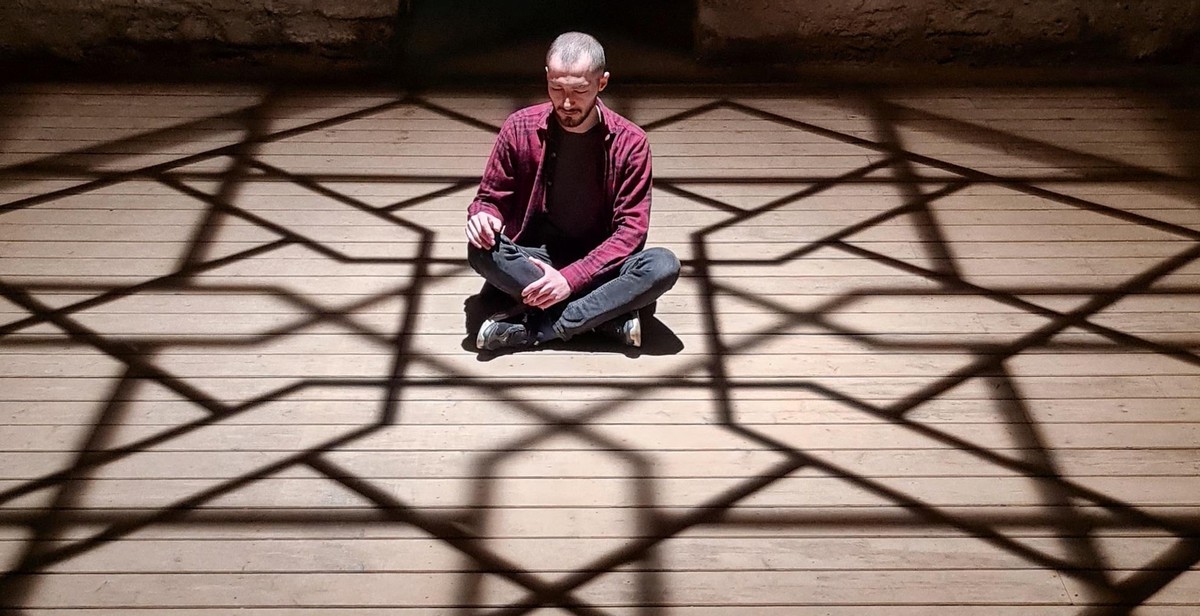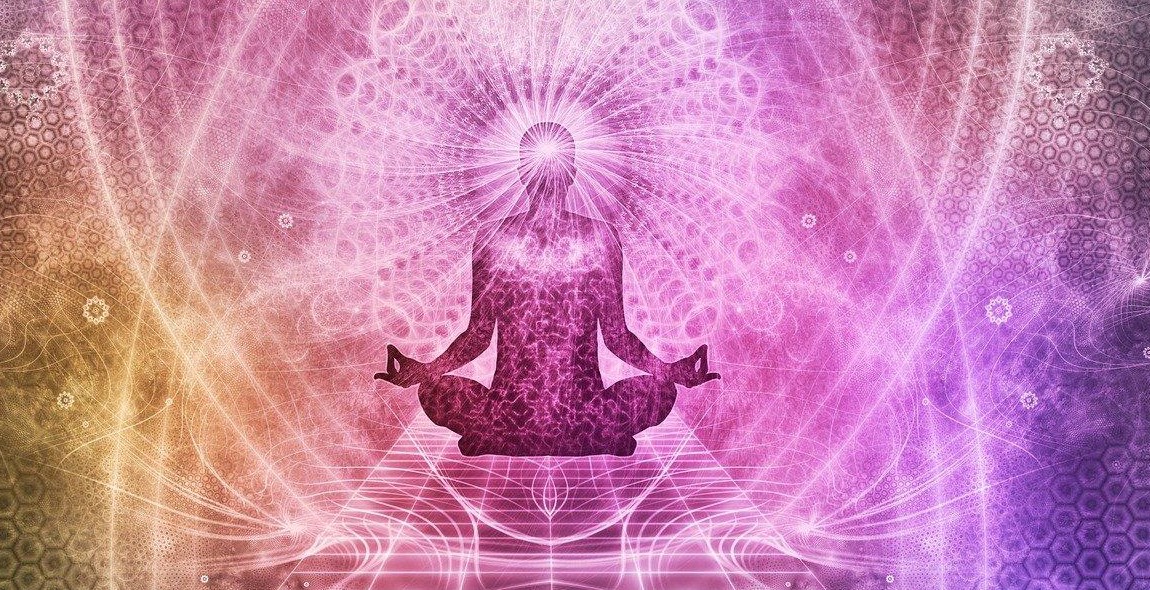The connection between meditation and better conflict resolution skills
Conflict is a natural part of human relationships, and it can arise in various forms, from minor disagreements to major disputes. Effective conflict resolution skills are essential for maintaining healthy relationships and avoiding unnecessary stress and tension. Meditation has been gaining popularity as a tool to improve mental and emotional well-being, and recent research has shown that it can also enhance conflict resolution abilities.
What is meditation?
Meditation is a practice that involves training the mind to focus and achieve a state of calm and relaxation. It has been used for centuries in various cultures and traditions to promote spiritual growth, mindfulness, and emotional stability. Meditation can take many forms, including guided meditation, mindfulness meditation, and mantra meditation, among others.
How does meditation improve conflict resolution skills?
Studies have shown that regular meditation practice can increase empathy, emotional regulation, and communication skills, which are all essential components of effective conflict resolution. Meditation can help individuals become more aware of their own emotions and reactions, which can lead to better self-control and the ability to respond to conflicts in a more constructive and productive way.
Meditation can also enhance the ability to listen actively and empathetically, which is crucial for understanding the perspectives and needs of others during a conflict. By improving emotional regulation and communication skills, meditation can help individuals navigate conflicts with greater ease and reduce the likelihood of escalation or negative outcomes.
Overall, meditation is a powerful tool for improving conflict resolution skills and promoting positive relationships. Incorporating regular meditation practice into daily routines can lead to significant improvements in mental and emotional well-being, as well as better outcomes in conflict resolution situations.

What is Meditation?
Meditation is a practice that has been around for centuries and is known to have numerous benefits for the mind and body. It is a technique that involves focusing your attention on a particular object, thought, or activity to achieve a state of mental clarity and emotional calmness.
There are various types of meditation, but two of the most common forms are Mindfulness meditation and Loving-kindness meditation.
Mindfulness Meditation
Mindfulness meditation is a type of meditation that involves paying attention to the present moment without judgment. This form of meditation is all about being aware of your thoughts, feelings, and surroundings without reacting to them.
During mindfulness meditation, you focus on your breath and observe any thoughts or emotions that arise without getting attached to them. This practice helps to cultivate a sense of inner peace and reduces stress and anxiety.
Loving-kindness Meditation
Loving-kindness meditation is a type of meditation that involves cultivating feelings of love, kindness, and compassion towards oneself and others. This practice involves repeating phrases such as “May I be happy and healthy” or “May all beings be happy and healthy” while focusing on the feelings of love and kindness.
Loving-kindness meditation helps to increase positive emotions, reduce negative emotions, and improve social connections. It is also known to enhance empathy and compassion towards others.
Overall, meditation is a powerful tool that can help to improve mental and emotional well-being. Mindfulness meditation and Loving-kindness meditation are just two of the many types of meditation that offer a range of benefits.

Benefits of Meditation
There are numerous benefits associated with meditation. It has been proven to be an effective tool for reducing stress and anxiety, improving emotional regulation, and increasing empathy and compassion. These benefits can have a significant impact on an individual’s conflict resolution skills.
Reduced Stress and Anxiety
Meditation has been shown to be an effective tool for reducing stress and anxiety. When individuals meditate, they are able to quiet their minds and focus on the present moment. This can help to reduce feelings of stress and anxiety, as well as improve overall well-being. By reducing stress and anxiety, individuals are better able to approach conflict resolution with a clear and calm mind.
Improved Emotional Regulation
Another benefit of meditation is improved emotional regulation. Meditation can help individuals to become more aware of their own emotions and to regulate them more effectively. This can be particularly helpful when dealing with conflicts, as it allows individuals to approach the situation with a more level-headed and rational mindset.
Increased Empathy and Compassion
Meditation has also been shown to increase empathy and compassion. When individuals meditate, they are able to connect more deeply with their own emotions and experiences. This can help them to better understand and empathize with others, which can be particularly helpful when trying to resolve conflicts. By increasing empathy and compassion, individuals are better able to approach conflicts with a mindset of understanding and cooperation.
Overall, the benefits of meditation are numerous and can have a significant impact on an individual’s conflict resolution skills. By reducing stress and anxiety, improving emotional regulation, and increasing empathy and compassion, individuals are better equipped to approach conflicts in a calm, rational, and productive manner.

Conflict Resolution Skills
Conflict is an inevitable part of life, and it is essential to have the skills to manage and resolve conflicts effectively. Meditation can help improve conflict resolution skills by enhancing communication skills and emotional intelligence.
Communication Skills
Effective communication is crucial for resolving conflicts. When individuals cannot communicate their thoughts and feelings effectively, misunderstandings and conflicts arise. Meditation helps improve communication skills by promoting mindfulness and awareness. By meditating regularly, individuals can learn to be present and attentive to the present moment, which can improve their ability to listen actively and communicate clearly.
Moreover, meditation can help individuals regulate their emotions, leading to better control of their reactions during conflicts. This can help them express themselves more calmly and respectfully, leading to more productive conversations and conflict resolution.
Emotional Intelligence
Emotional intelligence is the ability to recognize and manage one’s emotions and those of others. It is a crucial skill for conflict resolution, as conflicts often arise due to emotional reactions. Meditation can help improve emotional intelligence by promoting self-awareness and empathy.
By meditating regularly, individuals can become more aware of their emotions, allowing them to manage them effectively. They can also develop empathy towards others, which can help them understand and appreciate different perspectives during conflicts. This can lead to more effective conflict resolution, as individuals are better equipped to find mutually beneficial solutions.
Conclusion
Effective conflict resolution requires strong communication skills and emotional intelligence. By practicing meditation, individuals can improve these skills, leading to more productive and peaceful conflict resolution.

The Connection Between Meditation and Conflict Resolution Skills
Conflict is a natural part of human interaction, and it can arise in various settings, such as at home, in the workplace, or in social situations. Conflict can be detrimental to relationships, and it can lead to negative emotions, stress, and even physical harm. However, studies and research have shown that meditation can be a powerful tool for improving conflict resolution skills.
Studies and Research
Several studies have investigated the effects of meditation on conflict resolution skills. For example, a study published in the journal Psychological Science found that individuals who meditated regularly were better at resolving conflicts than those who did not meditate. The study also found that meditation helped to reduce negative emotions and increase positive emotions, which can be beneficial for conflict resolution.
Another study published in the journal Frontiers in Human Neuroscience found that meditation can improve the ability to regulate emotions, which is essential for effective conflict resolution. The study also found that meditation can increase empathy and compassion, which can help individuals to understand and connect with others during conflicts.
How Meditation Improves Conflict Resolution Skills
There are several ways in which meditation can improve conflict resolution skills:
- Reducing stress: Meditation can help to reduce stress levels, which can make it easier to approach conflict situations with a clear mind and a calm demeanor.
- Increasing self-awareness: Meditation can help individuals to become more self-aware and understand their own thoughts and emotions. This can be beneficial for recognizing and managing emotions during conflicts.
- Improving communication: Meditation can help individuals to become better listeners and communicators, which can be essential for resolving conflicts effectively.
- Promoting empathy and compassion: Meditation can increase empathy and compassion, which can help individuals to understand the perspectives and feelings of others during conflicts.
In conclusion, meditation can be a powerful tool for improving conflict resolution skills. By reducing stress, increasing self-awareness, improving communication, and promoting empathy and compassion, meditation can help individuals to approach conflicts with a clear mind and a positive attitude.

Conclusion
In conclusion, meditation is an effective tool for improving conflict resolution skills. It helps individuals to become more self-aware, increase their emotional intelligence, and develop empathy towards others. By incorporating meditation into their daily routine, individuals can learn to regulate their emotions, communicate more effectively, and be more present in the moment.
The Benefits of Meditation for Conflict Resolution
- Improved self-awareness
- Increased emotional intelligence
- Developed empathy towards others
- Regulation of emotions
- Better communication skills
- Increased presence in the moment
How to Incorporate Meditation into Your Daily Routine
There are several ways to incorporate meditation into your daily routine:
- Set aside a specific time each day for meditation
- Find a quiet and comfortable space to meditate
- Use guided meditations or apps to help get started
- Practice deep breathing exercises to help calm the mind and body
- Be patient and consistent with your practice
Final Thoughts
Overall, meditation is a powerful tool for improving conflict resolution skills. By incorporating regular meditation practice into your daily routine, you can learn to regulate your emotions, communicate more effectively, and develop empathy towards others. With time and practice, you can become a more mindful and compassionate individual, equipped to handle conflicts with grace and ease.
